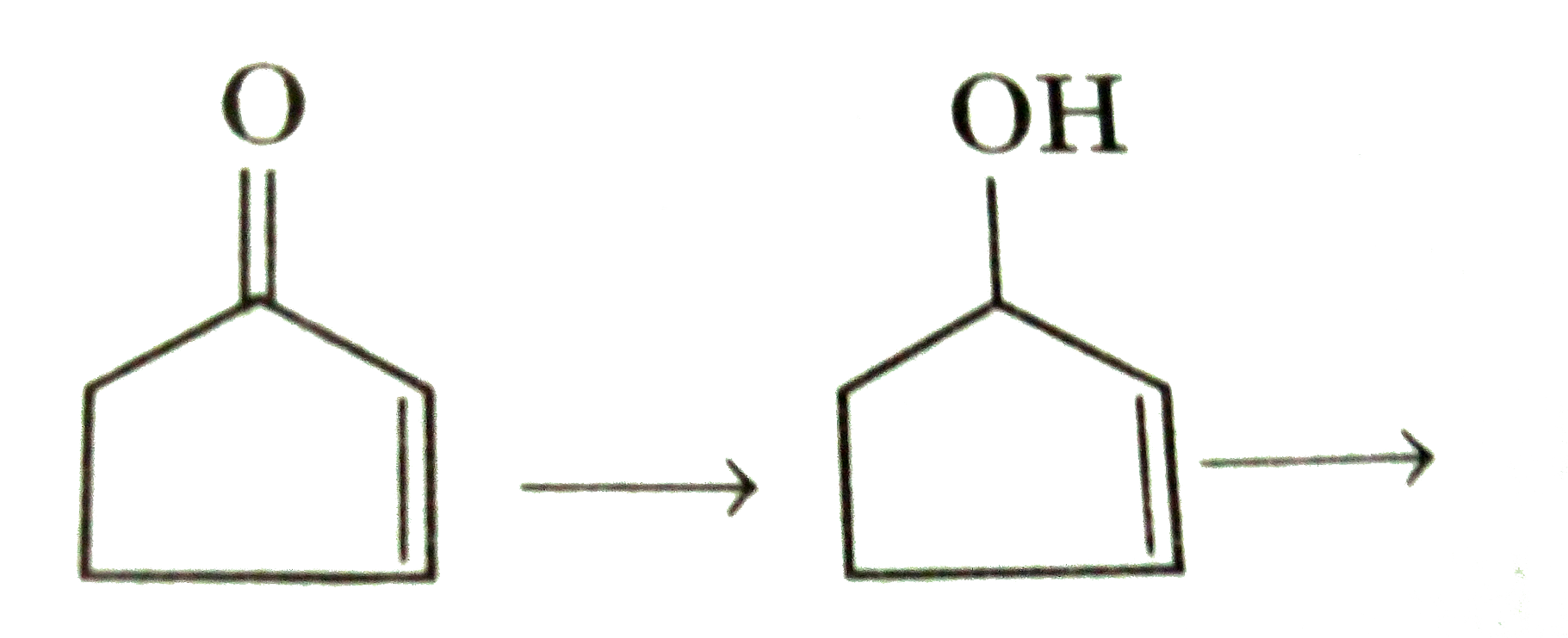Explain the work carried out by Cohen and Boyer that contributed immensely in biotechnology.
Step-by-Step Solution:
1. Introduction to Cohen and Boyer's Work:
- In 1973, scientists Paul Berg, Herbert Boyer, and Stanley Cohen developed a groundbreaking technique in biotechnology known as genetic engineering. Their work laid the foundation for recombinant DNA technology.
2. Concept of Recombinant DNA:
- They successfully created recombinant DNA, which involves combining DNA from different sources. This process allows for the manipulation of genetic material to produce desired traits in organisms.
3. Experimental Setup:
- The experiment involved two subjects: the frog (as a source of ribosomal RNA gene) and the bacterium E. coli. The goal was to insert the ribosomal RNA gene from the frog into the plasmid of E. coli.
4. Use of Restriction Endonucleases:
- To achieve this, they utilized restriction endonucleases, which are enzymes that cut DNA at specific sequences. They selected a particular enzyme (EcoRI) to cut both the frog DNA and the E. coli plasmid.
5. Creation of Sticky Ends:
- The cutting of DNA by EcoRI resulted in "sticky ends," which are single-stranded overhangs that can easily bond with complementary DNA strands.
6. Ligation of DNA:
- The next step involved ligating the frog's RNA gene to the E. coli plasmid. This process was facilitated by another enzyme called DNA ligase, which joins the DNA fragments together.
7. Transformation of E. coli:
- The recombinant plasmid, now containing the frog RNA gene, was introduced into E. coli through a process called transformation. This allowed the bacteria to take up the new genetic material.
8. Selection of Transformed Bacteria:
- To identify which bacteria had successfully taken up the recombinant plasmid, they cultured the transformed E. coli on a medium containing tetracycline. Only those bacteria that had the plasmid (which included a tetracycline resistance gene) would survive and grow.
9. Observation of Results:
- The growth of colonies on the tetracycline medium indicated that the transformation was successful. Each colony represented a bacterium that had incorporated the recombinant plasmid and expressed the frog RNA gene.
10. Significance of Their Contribution:
- The work of Cohen and Boyer was pivotal in the field of biotechnology, as it demonstrated the feasibility of genetic engineering. Their techniques have since been applied in various fields, including medicine, agriculture, and research.
- In 1973, scientists Paul Berg, Herbert Boyer, and Stanley Cohen developed a groundbreaking technique in biotechnology known as genetic engineering. Their work laid the foundation for recombinant DNA technology.
- They successfully created recombinant DNA, which involves combining DNA from different sources. This process allows for the manipulation of genetic material to produce desired traits in organisms.
- The experiment involved two subjects: the frog (as a source of ribosomal RNA gene) and the bacterium E. coli. The goal was to insert the ribosomal RNA gene from the frog into the plasmid of E. coli.
- To achieve this, they utilized restriction endonucleases, which are enzymes that cut DNA at specific sequences. They selected a particular enzyme (EcoRI) to cut both the frog DNA and the E. coli plasmid.
- The cutting of DNA by EcoRI resulted in "sticky ends," which are single-stranded overhangs that can easily bond with complementary DNA strands.
- The next step involved ligating the frog's RNA gene to the E. coli plasmid. This process was facilitated by another enzyme called DNA ligase, which joins the DNA fragments together.
- The recombinant plasmid, now containing the frog RNA gene, was introduced into E. coli through a process called transformation. This allowed the bacteria to take up the new genetic material.
- To identify which bacteria had successfully taken up the recombinant plasmid, they cultured the transformed E. coli on a medium containing tetracycline. Only those bacteria that had the plasmid (which included a tetracycline resistance gene) would survive and grow.
- The growth of colonies on the tetracycline medium indicated that the transformation was successful. Each colony represented a bacterium that had incorporated the recombinant plasmid and expressed the frog RNA gene.
- The work of Cohen and Boyer was pivotal in the field of biotechnology, as it demonstrated the feasibility of genetic engineering. Their techniques have since been applied in various fields, including medicine, agriculture, and research.
Similar Questions
Knowledge Check
carry out
AbringBcontinueCcomplete somethingDto take inOpsonisation is carried out by
AIgMBIgGCIgADIgD and IgERBC count is carried out by
AHaemocytometerBHaemoglobinometerCSphygmomanometerDElectrocardiogram.

